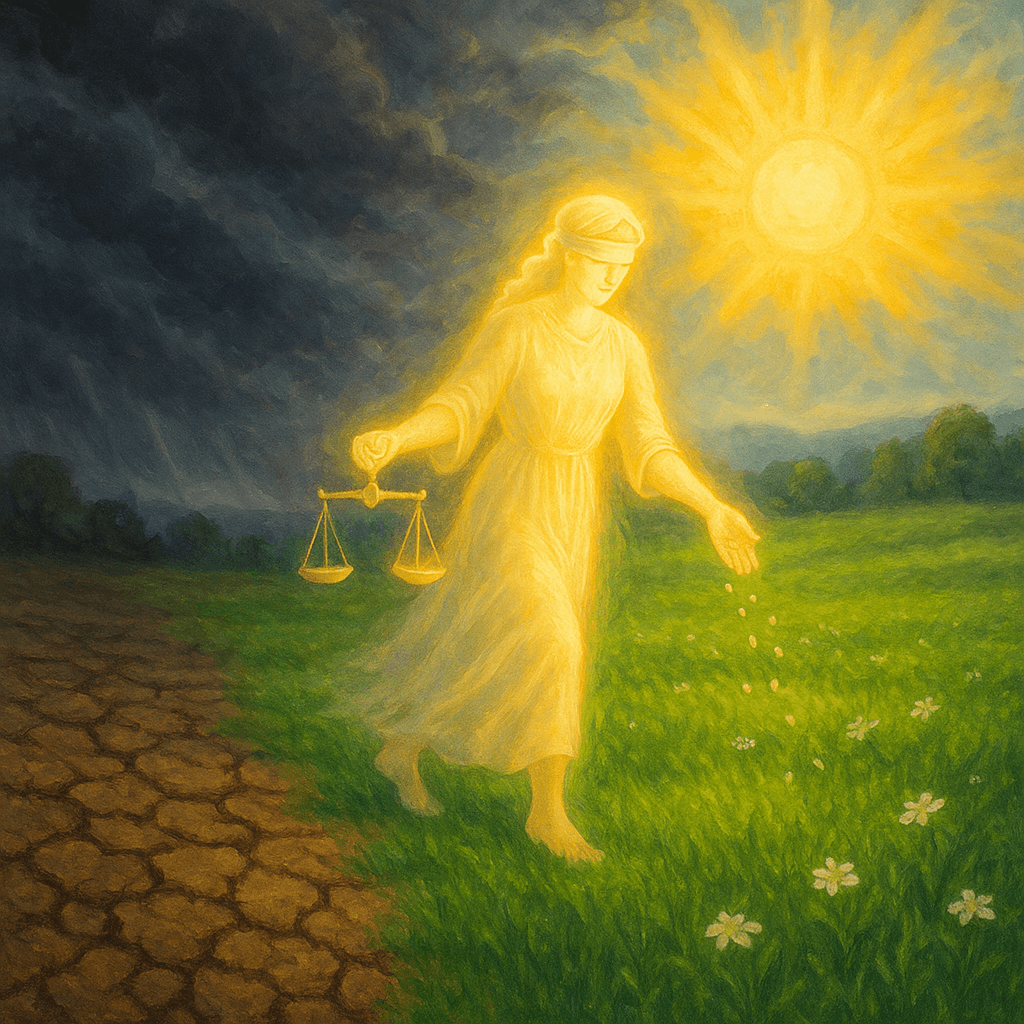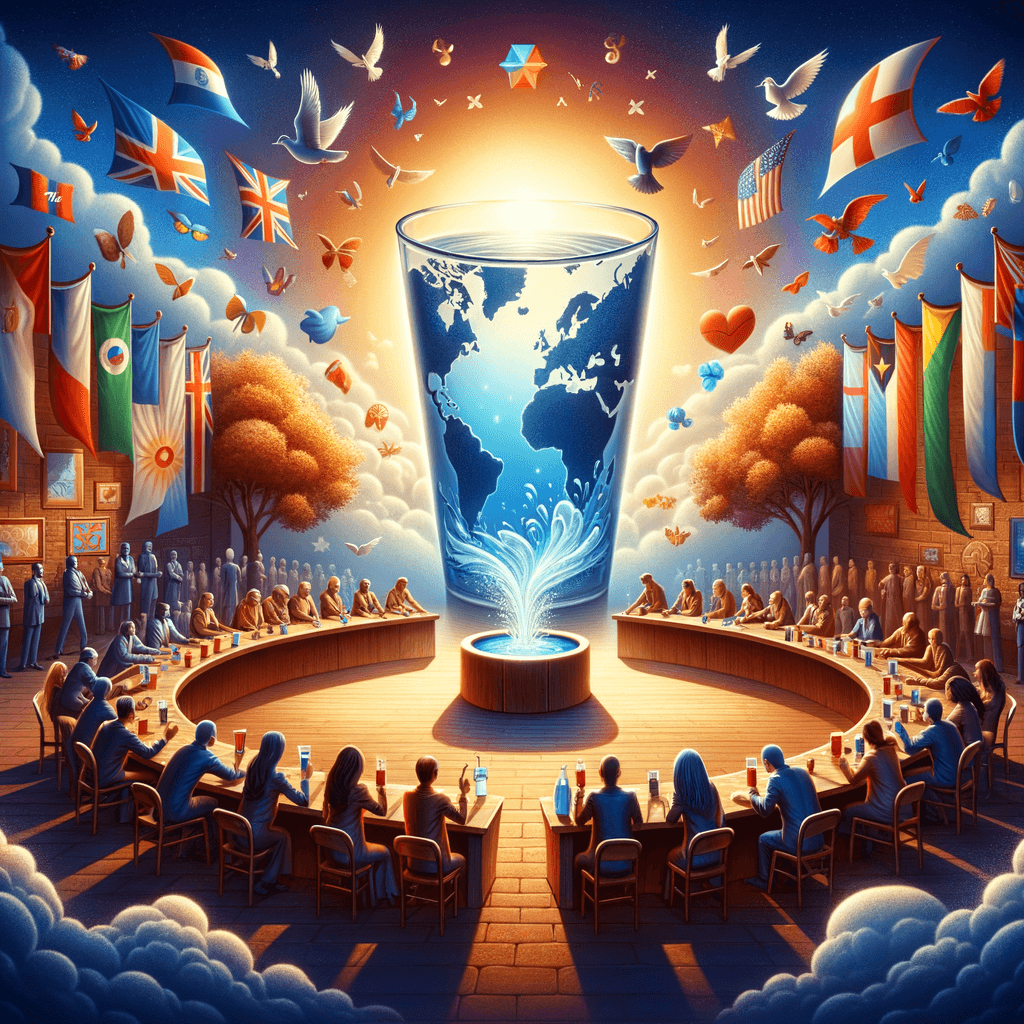#Peace
Quotes tagged #Peace
Quotes: 9

Poetry as the Quiet Architecture of Peace
Building on that, poetry practices a noncoercive use of language. Where propaganda pressures the mind, the poem invites; where slogans flatten, the lyric opens nuance. By compressing experience into precise images and rhythms, it creates a pause in which anger can cool and understanding can arise. Paz’s own long poem “Sunstone” (1957) loops back on itself, suggesting that time, like conflict, can be curved into return rather than escalation. [...]
Created on: 8/10/2025

Poetry as a Quiet Architecture of Peace
From this premise, consider how poetic language disarms without silencing. Metaphor and ambiguity make room for multiple truths, while rhythm calms the urge to shout. Emily Dickinson’s “Tell all the truth but tell it slant—” (c. 1868) models a tact that neither lies nor wounds; it approaches truth obliquely so understanding can arrive without violence. Likewise, the etymology of poiesis—making—reminds us that poems build pacts as much as they build lines, echoing the kinship between pax and pact. In choosing the patient craft of image over the blunt force of slogan, poetry cultivates the conditions under which disagreement can clarify rather than destroy. [...]
Created on: 8/10/2025

Poetry as the Quiet Labor of Peace
Octavio Paz understood peace not as passivity but as an achieved relation. A poet-diplomat who resigned his ambassadorship to India after the 1968 Tlatelolco massacre, he treated language as a site of conscience. In The Bow and the Lyre (1956), Paz argues that poetry reconciles opposites—time and instant, self and other—suggesting that the poem’s very making models coexistence. His Nobel lecture, In Search of the Present (1990), extends this idea: attention to the present is an ethical stance against violence and oblivion. Thus, when he says “Poetry is an act of peace,” he is naming a practice. The poem is not a ceasefire agreement; it is the disciplined creation of a shared space where meanings can meet without domination. This groundwork, he implies, is what makes political peace imaginable. [...]
Created on: 8/10/2025

The Transformative Power of Love Over Power
Conversely, moments of profound social change have often followed the ascendance of love and empathy. The Indian independence movement, under Gandhi’s philosophy of ‘ahimsa’ (nonviolence), demonstrated how collective love and respect could displace imperial rule without resorting to violence. Similarly, the Civil Rights Movement, led by figures like Martin Luther King Jr., was grounded in an ethic of love, emphasizing reconciliation over retribution and proving Hendrix’s thesis that love wields transformative potential. [...]
Created on: 7/10/2025

For Lasting Peace, Lay the Foundations of Justice
However, pursuing peace while neglecting justice often results in fragile stability. Whenever systemic injustices are left unaddressed, tensions simmer beneath a calm surface. The civil rights era in the United States, for example, exposed the limitations of mere order—civil peace existed, but without justice for marginalized communities, unrest was inevitable. Thus, any attempt at peacekeeping must be accompanied by active measures to redress wrongs. [...]
Created on: 6/8/2025

Peace Cannot Be Kept by Force; It Can Only Be Achieved by Understanding - Albert Einstein
Ensuring peace through understanding reflects moral values such as compassion and respect, as opposed to using force, which often leads to resistance and resentment. [...]
Created on: 2/18/2025

Thirst for Freedom: A Call for Peace - Richard Nixon
Nixon’s words transcend specific cultural contexts, conveying a universal message that resonates with anyone seeking justice or freedom. It calls for a collective effort to overcome animosity. [...]
Created on: 7/24/2024